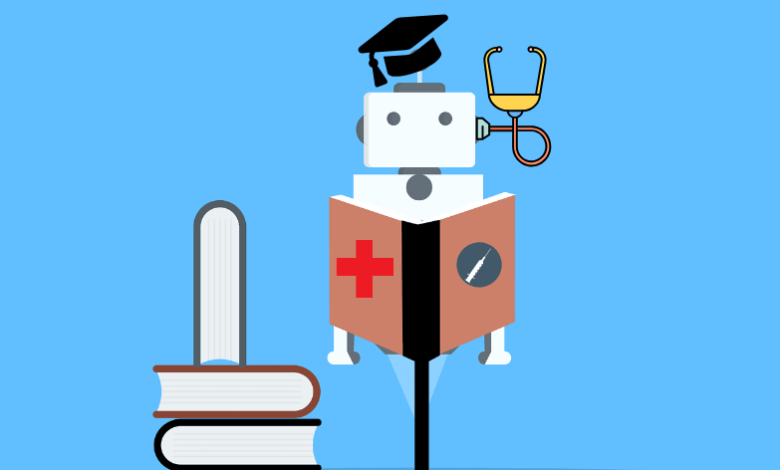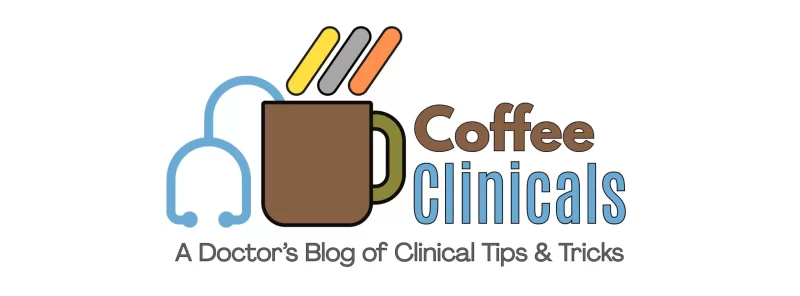
Artificial Intelligence (AI) programs can now read pathology slides, and Radiology images, diagnose skin conditions with good accuracy, and will continue to improve on medical diagnostics as they train on more data. But in the event of malpractice, can the AI software or software maker take the blame? Not likely, since AI is merely a tool, not the designated decision-maker. If wheezing or a new heart murmur is missed on auscultation, the stethoscope does not take the blame! It’s true that AI could boost productivity per physician and reduce the need for as many future physicians, but I don’t think that AI programs will directly ‘replace’ a doctor – Why? We will always need a human provider to take on legal malpractice responsibility to pin the blame on if things go wrong.
That being said, the real-world risk of physicians’ jobs being ‘replaced by AI’, will be from AI-empowered Nurse Practitioners (NPs) and Physician Assistants (PAs) – also known as Advanced Practice Providers (APP). The right implementation & integration of real-time Artificial Intelligence into EMRs could help NPs & PAs significantly make up for the less rigorous & comprehensive clinical training they receive in school compared to physicians, at least at the primary care level. AI programs are also quite capable of being personal tutors, might even improve the level of clinical education received in schools & eliminate need for initial mentoring that many APPs receive from physicians. FDA regulatory policies of healthcare AI programs providing oversight to NPs are already being discussed. A study on AI helping with dermatologic diagnoses showed improved diagnostic accuracy of NPs. This paper published in February 2023 touches on how the popular AI program ChatGPT not only passed USMLE exam taken by docs for medical practice licensing but is also capable of training & providing clinical insights that are usually gained via experience. Of course, the absolutes in the future usually don’t happen as postulated, the reality might be more nuanced, but given the shocking abilities displayed by AI programs and the speed of improvement, the risk to physicians is very real and they will have to adapt sooner than later.
Capitalism mandates ever-increasing profits and profit margins. With Medicare cutting payments to healthcare services every year, the cost-cutting pressures will boost the adoption of AI in all aspects of healthcare in America and other countries with health insurance models. With physicians typically being paid much higher, the prospect of expanding the use of less expensive but AI-empowered NPs & PAs will be a low-hanging fruit for the large for-profit corporations buying up healthcare companies and of course the health insurance businesses. Some of this replacement is already underway. For example, Emergency Rooms bought out by private capital are replacing doctors with NPs & PAs. The criticism around this mainly hovers around increased costs of care, higher length of stay, and higher readmissions with using NPs/PAs. However, AI programs have the potential to reduce such gaps in care quality and could supercharge physician replacements to cut costs. Looks like the young would-be ER docs already got the memo – the number of applicants to Emergency Medicine programs has been on a significant decline, while this 2021 study warns of the possibility of a surplus of ER docs by 2023.
Don’t miss these fun posts! Subscribe via email 📩 | |
